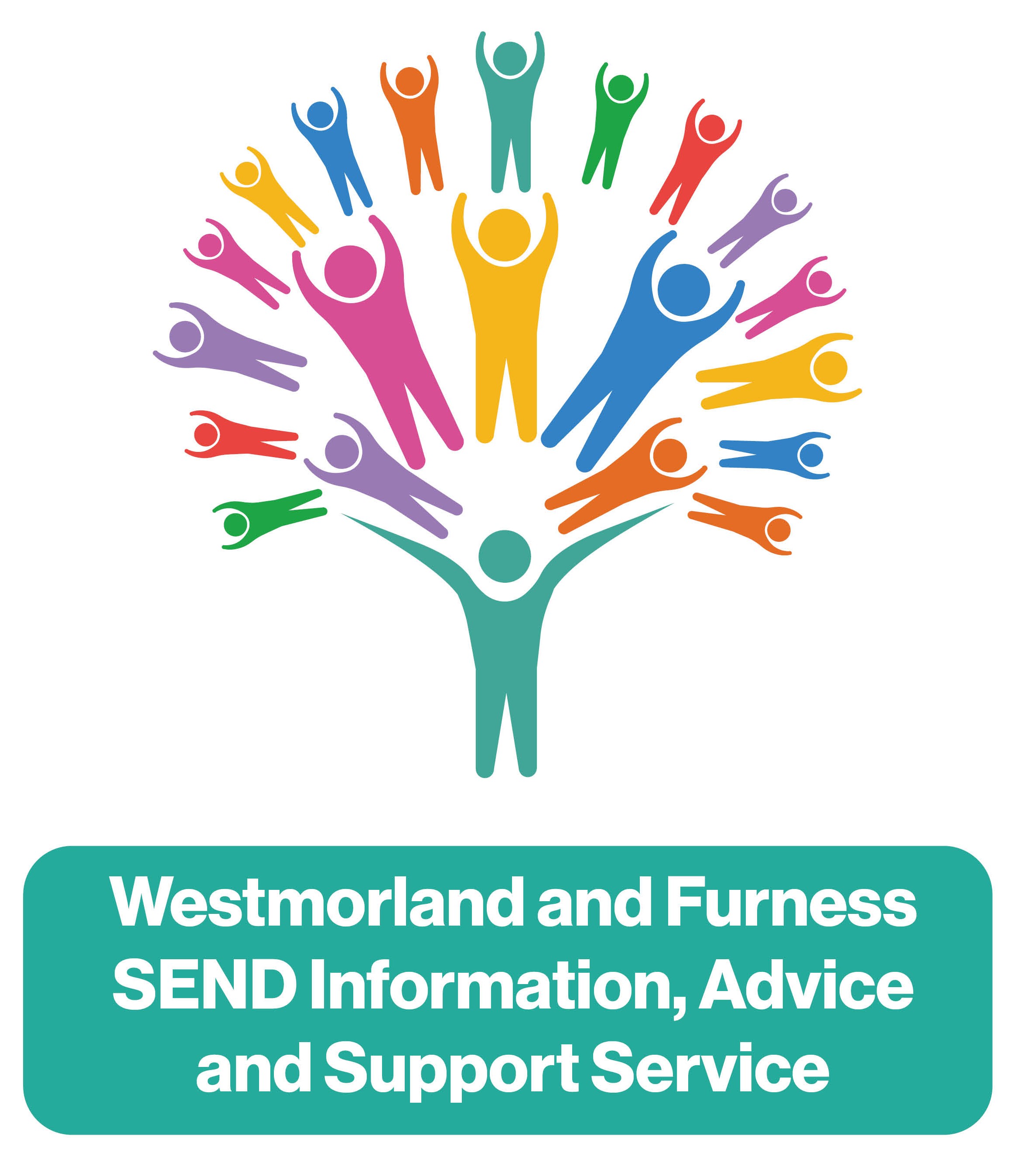Service Offer
Westmorland and Furness Special Educational Needs and/or Disabilities Information, Advice and Support Service (SEND IASS) offers impartial information, advice and support to children and young people with special educational needs and or disabilities and their parents and carers. This support now includes signposting to health and social care advisory services. .
Westmorland and Furness SEND IAS Service staff will make sure that parents/carers of children (0 to 25 years old) and young people with additional needs have access to information, advice and support. We will provide confidential and impartial support to enable informed decisions.
Generally, we can offer information, advice and support around education issues, although we can signpost on, with permission, to other agencies who can help with different problems such as benefit claims. .
We request that potential service users make us aware at the first opportunity if there is a SEND Advocate, alternative SEND IAS organisation/charity or legal professional currently providing support. To maximise service capacity and to prevent the potential of the service user receiving conflicting SEND IAS, we avoid jointly supporting service users when alternative arrangements for SEND IAS have already been put in place.
Empowering Parents/Carers and Young People
The SEND Code of Practice 2015 states:
The provision of information, advice and support should help to promote independence and self-advocacy for children, young people and parents (SEND Code of Practice, Chapter 2, 2.8).
Our aim is to empower parents/carers and young people to feel confident with:
- Self-advocacy - expressing their views and wishes on their child’s/their own needs.
- Understanding their rights under SEND Law and Legislation.
Primarily, this will be achieved with your local Co-ordinator providing the following resources (in an accessible format) after initial contact and the opportunity to discuss the circumstances of the child/young person and the views and wishes of their parent/carer:.
- Factsheets on relevant topics.
- Links to other sources of useful information.
- SEND Code of Practice 2015.
- Signposting to appropriate professionals/organisations, including contact details if required.
- Information on Westmorland and Furness SEND Information Hub (Local Offer) and Children and Families Information Service.
- Further advice and information on local area SEND policies.
To identify service users who may require additional practical help from the service, we will consider the support required to enable participation with:.
- Attendance at face to face meetings (the definition of face to face meetings has been broadened to include ‘virtual’ face to face meetings, for example Teams and Zoom meetings).
- Contacting other professionals/organisations
- Completion of paperwork, including SEND Tribunal Forms
- Reviewing documents and providing feedback and advice
- Self-advocacy
Attendance and Support with Meetings
People requesting support and/or attendance at meetings will be provided with telephone/email advice, guidance and access to the information they need in order to represent themselves effectively in the first instance. This may include the service reviewing documents and providing feedback and advice.
We will consider the following when making a decision on an offer for the service to attend a meeting to support a service user:.
- Additional needs of parent/carer
- Young people attending meetings without a parent/carer
- Meetings where:
- the educational placement is at risk
- phase transfers where there is uncertainty regarding the next placement
- the child or young person has multiple or complex needs and parents are struggling to engage support or necessary services.
- potential need for appeal to SEND Tribunal
- mediation meetings for complex situations
We will always consider each person’s individual needs and the points above are for guidance only.
Advocacy
SEND Information, Advice and Support Services have adopted the following definition of advocacy:
Advocacy means getting support from another person to help you express your views and wishes and help you understand and exercise your rights.
Information, Advice and Support Services do not fulfil the role of statutory advocates and we do not provide legal advocacy as provided by a lawyer. More information on the types of advocacy available, including statutory advocacy, can be found at Types of advocacy - Mind.
For further information on how Westmorland and Furness SEND IAS Service can assist with advocacy, please view our Advocacy Policy.
The Council for Disabled Children's video have provided a video explaining what an information, advice and support service can offer.
